At the time of John’s reign there was still a great deal of controversy as to how the Archbishop of Canterbury was to be elected, although it had become traditional that the monarch would appoint a candidate with the approval of the monks of Canterbury.
But in the early 13th century, the bishops began to want a say. To retain control, the monks elected one of their numbers to the role. But John, incensed at his lack of involvement in the proceedings, sent John de Gray, the Bishop of Norwich, to Rome as his choice. Pope Innocent III declared both choices invalid and persuaded the monks to elect Stephen Langton. Nevertheless, John refused to accept this choice and exiled the monks from the realm. Infuriated, Innocent ordered an interdict (prevention of public worship — mass, marriages, the ringing of church bells, etc.) in England in 1208, excommunicated John in 1209, and encouraged Philip to invade England in 1212.
John finally backed down and agreed to endorse Langton and allow the exiles to return. To completely placate the pope, he gave England and Ireland as papal territories and rented them back as a fiefdom for 1,000 marks per annum. This surrender of autonomy to a foreign power further enraged the barons.
VEDDY INTELESTING
King John needed money for armies, but the loss of the French territories, especially Normandy, greatly reduced the state income, and a huge tax would have to be raised in order to attempt to reclaim these territories. Yet, it was difficult to raise taxes because of the tradition of keeping them at the same level.
John relied on clever manipulation of pre-existing rights, including those of forest law, a set of regulations about the king’s hunting preserves, which were easily broken and severely punished. John also increased the pre-existing scutage (feudal payment to an overlord replacing direct military service) eleven times in his seventeen years as king, as compared to eleven times in twice that period covering three monarchs before him. The last two of these increases were double the increase of their predecessors. He also imposed the first income tax, which raised what was, at the time, the extortionate sum of £70,000.
Never a revolution in England?
Clause 61 essentially neutered John's power as a monarch, making him King in name only. He renounced it as soon as the barons left London, plunging England into a civil war, called the First Barons' War. Pope Innocent III also annulled the "shameful and demeaning agreement, forced upon the King by violence and fear." He rejected any call for restraints on the King, saying it impaired John's dignity. He saw it as an affront to the Church's authority over the King and the 'papal territories' of England and Ireland, and he released John from his oath to obey it.John died during the war, from dysentery, on 18 October 1216, and this quickly changed the nature of the war. His nine-year-old son, Henry III, was next in line for the throne. The royalists believed the rebel barons would find the idea of loyalty to the child Henry more palatable, so the boy was swiftly crowned in late October 1216, and the war ended.


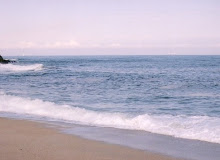





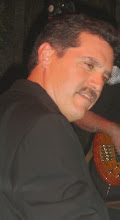





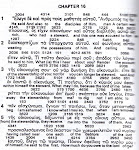

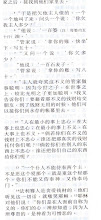









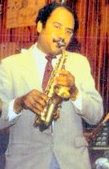







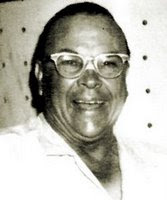







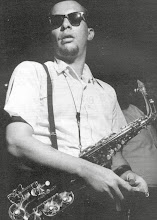

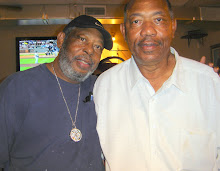


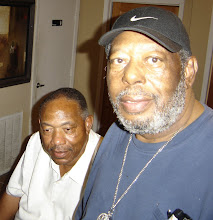













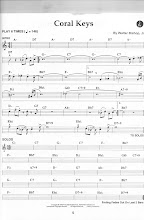

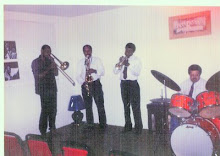






No comments:
Post a Comment